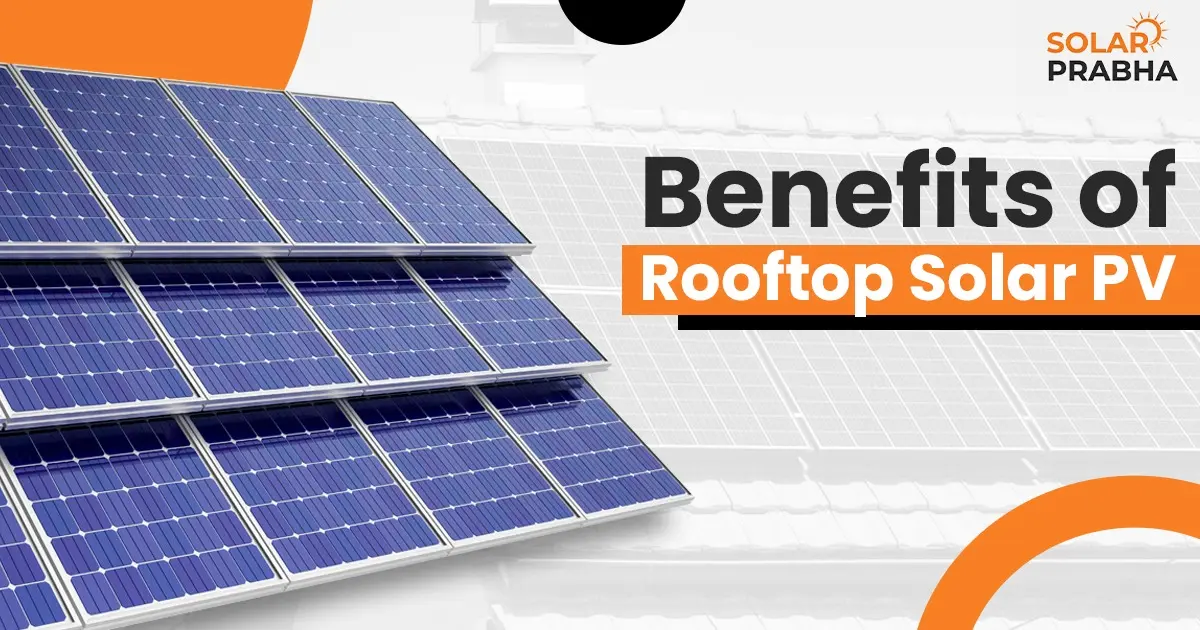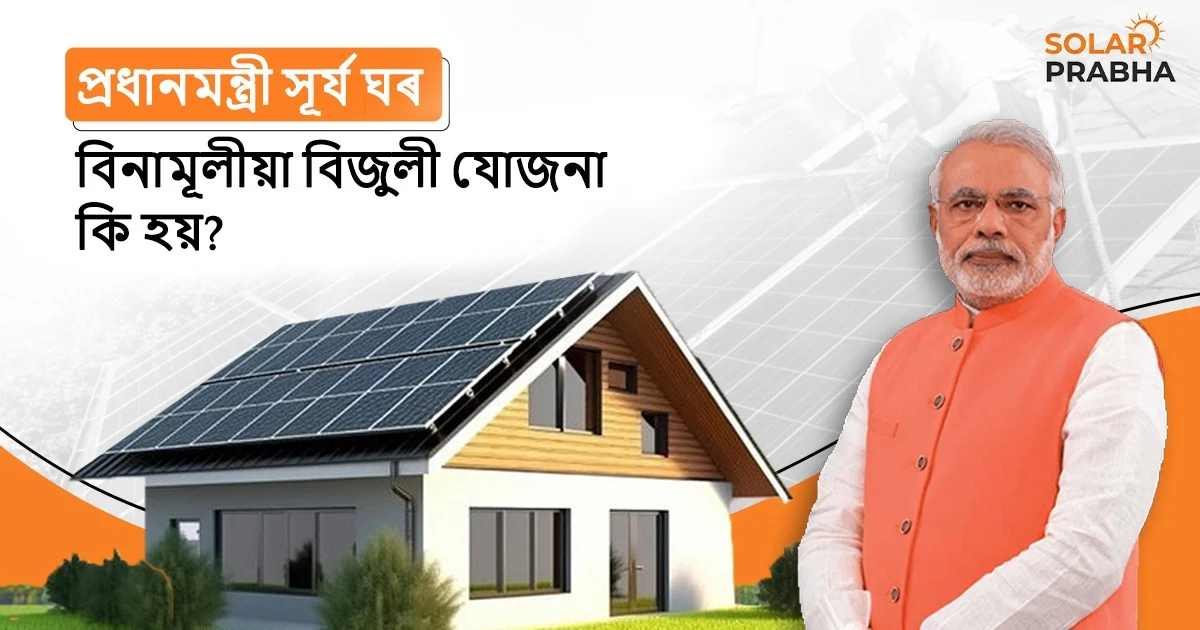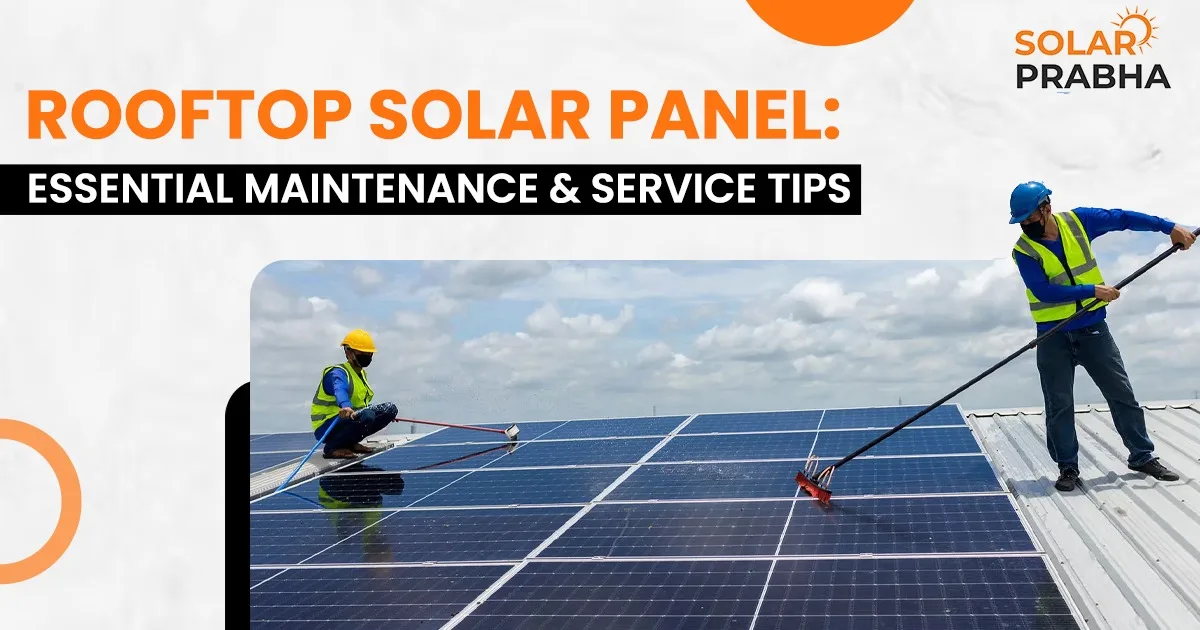Solar panels are a great investment, but are you getting the most out of them? When it comes to getting the best performance from solar, it’s not just about selecting the right brand, it’s knowing how to get the most out of your system day in and day out.
Whether you’re new to solar energy or want to improve your current setup, the importance of solar panel efficiency and the role that routine solar panel maintenance plays can make all the difference. In this guide, we’re going to go over everything you need to know to keep your solar panels performing their best so that your energy bills remain low.
When we talk about solar panel efficiency, we’re talking about how well you’re converting sunlight to usable electricity. Your panels’ efficiency rating will impact how many watts you will get from the same number of solar panels. A high solar panel efficiency rating is great if you don’t have a lot of roof space or your energy needs are high.
But here’s the thing: even the best solar panels won’t reach their potential if you don’t treat them well. Efficiency isn’t just about the brand of panels you choose or the technology you have; it is also about how and where you install and, not to mention, care for your system. This is where this guide comes in – to help you maximize the potential of your system.
Why Solar Panel Efficiency Matters
In simple words, when we talk about solar panel efficiency, we’re really talking about how efficiently your solar panels can convert sunlight into usable electricity for your home or business. More efficient solar panel systems will extract more power from the same amount of sunlight, which is incredibly beneficial, especially if you are space-limited on your roof or want to offset a larger percentage of your electric bill; in basic terms, more efficient solar panels equate to better returns on your investment.
But here’s the thing, even the very best solar panels that are high efficiency won’t perform to their potential if they are not correctly installed and serviced.
It isn’t just buying a set of the best panels available; it’s how it is installed (orientation and tilt, proximity to ventilation, etc.) and how regularly the panels are maintained (cleaned, serviced, etc.), relevant to the environment (shaded trees, dusty conditions, etc.). Mother nature is always the silent denier of your system’s potential and will take measures to reduce its output over time.
For this reason, it is more important than ever to understand and maximize solar panel efficiency. This is not just a technical issue of limited value to engineers – it is the business of every solar user. This guide does exactly that: help you maximize the maximum potential of your solar system, and help ensure your system continues to perform at that high level, season after season.
Factors That Affect Solar Panel Efficiency
Before jumping into suggestions, it is helpful to know what factors can affect how well your solar panels work:
1. Location and Sunlight Availability
Different areas will receive different sunlight amounts. If you live in a cloudy (or shady area), then naturally your panels won’t produce as much electricity. That said, the angle of your roof, as well as nearby buildings or trees, can all affect the amount of sunlight available.
2. Angle and Orientation
For best results, your solar panels should ideally face south (if you live in the northern hemisphere), with the angle of your panels matching your latitude. If the panels are too steep or shallow, they could potentially miss several hours of peak sunlight.
3. Panel Quality:
Not all solar panels are made equal. Panels with better materials and technology will usually perform better and more efficiently. Be sure you are choosing Tier 1 quality for your solar products.
4. Temperature:
Yes, solar panels require sunlight, but they do not like heat. Solar panel output can actually decrease during extreme hot temperatures. It burns you up, but true.
5. Dust / Debris:
Even a fine layer of dust can block sunlight and decrease efficiency. Routine cleaning is more important than most people think.
Top Tips to Maximise Solar Panel Efficiency
1. Keep Your Panels Clean
It may sound like common sense, but cleaning your panels is something that often gets overlooked, clean panels function better. Every day, dust, pollen, bird droppings, or pollution from the city slowly settles on your panels and builds a layer of “stuff” that blocks sunlight. A test that we have conducted demonstrates how the same panel loses capabilities without you even being aware of what is affecting it.
It is mandatory to include cleaning as part of your maintenance to keep the solar panel’s efficiency high. Generally, cleaning gently every 2–3 months is ideal, or more often throughout the year if you live in hot, windy, dusty or industrial areas. Grab a soft brush, some clean water, and a mild soap to wash everything away. Do not use a scrubber, abrasive pad or high-pressure washer. You can damage the protective surface and coating of the solar panel.
You may not like the idea of climbing on your roof. You’re not alone. Many solar owners schedule their cleaning and maintenance from the same professional company, and the process is simple! It’s a small price to pay for the performance gains over time.
2. Monitor System Performance
If you do not track, you cannot improve. Newer solar systems may come with performance monitoring apps or web dashboards; make use of them.
Be aware of:
Unexpected drops in performance interests
Variances between expected and actual output
Alarms or notices from your inverter system.
These will help identify shortcomings before they become worse!
3. Install Panels at the Right Angle
Absolutely, the sun moves across the sky, and your solar panel performance depends in part on the location of your solar panels in relation to that path. If you want to maximize your sun exposure, placement is key. You can get ideal tilt angles in India between 10° and 30°, depending on location.
Also, position and angle alone aren’t enough. You need to ensure there is no shading from trees, water tanks, or neighbouring buildings, especially during prime sun time, which is usually from 10 AM to 3 PM.
If you have a flat roof, adjustable mounting systems can be extremely useful. They allow you to change the tilt or orientation to take advantage of seasonal shifts in the sun. Not sure where to get started? It’s always a good idea to work with a professional solar installer who will visit the site and create a design that maximizes your solar exposure during all seasons of the year. This can be an important step that can pay dividends in performance over the long term.
4. Invest in Quality Inverters
Your panels change sunlight into DC electricity, which you use in AC form in your home. That’s why you need inverters. A low-quality inverter can restrict the potential of your system and decrease the efficiency of the solar panels.
Look for:
High-efficiency string or microinverters
Real-time monitoring function
Low failure rate, plus the longest warranty
Inverters might seem like a cost-saving opportunity, but they’re just as vital as the panels—invest wisely for long-term efficiency.
5. Use Energy Storage Smartly
Batteries are made to store extra power for you to use in the evening or on cloudy days. Alternatively, if you do not manage your storage systems correctly, you can lose energy.
Battery efficiency tips:
- Purchase quality lithium-ion batteries
- Charge and discharge at the proper rate
- Make sure that the battery management system (BMS) is working correctly
6. Regular Solar Panel Maintenance
A little tender loving care (TLC) goes a long way. Get a qualified professional to check your solar installation on an annual basis to ensure that everything is in working order.
The average maintenance check will include the following:
– Inspect for cracks, corrosion, or water damage
– Inspect cabling & mounting systems
– Test the inverter and review monitoring performance data
It is a small fee that will provide you with expected reliability for many years.
7. Mind the Shade
While you may not always avoid shade, shade is your array’s biggest foe. Even a minor bit of shading can greatly reduce output, particularly when panels are connected in series.
Some solutions are:
- Trimming nearby trees or tall plants
- Micro inverters or power optimisers to minimize the effects of partial shading
- Take care not to install near objects that may cast shadows at different times of the day
8. Stay Updated with Technology
The solar sector is racing ahead – new panels and technologies provide improved efficiencies. For instance, bifacial panels, PERC cells, and half-cut cells all provide higher power per square metre.
Even if you’re not upgrading right now, paying attention to trends enables you to make more informed decisions down the line.
9. Choose Reliable Installers
Even high-quality solar panels will not work if installed incorrectly. Always use certified, professional installers familiar with your roof layout, local environment, and system needs.
- Recommendations and customer referrals
- Licences and insurance
- Experience in residential and commercial installations
- A good installation today guarantees optimal solar performance for years.
Busting Some Common Myths About Solar Efficiency
Myth 1: Hotter Weather = More Power
Nope. In fact, solar panels work more efficiently in cooler temperatures. Excess heat can reduce voltage and overall performance.
Myth 2: Cleaning Is Not Necessary – The Rain Will Wash It Off
Sure, the rain will help. But it won’t do the job completely. Dust and dirt will require a proper wash-down, and regular maintenance makes sure you aren’t leaving any money on the roof.
Myth 3: All Solar Panels Are the Same
Not true. Especially because different panels have different levels of efficiency, durability, and temperature tolerance. Choose panels from reputable manufacturers to get the best results.
How Long Do Solar Panels Stay Efficient?
Most solar panels have a 25-year performance warranty. Of course, the panels are not inoperable after 25 years, they simply operate at a lower capacity. Typically:
– First 10 years – around 90% of original efficiency
– 25 years – around 80-85% of original capacity
With proper maintenance and care, a lot of systems outperform the above estimates.
Signs Your Solar Panels Aren’t Performing Efficiently
- Your energy costs are increasing
- You notice dirt, cracks or discolouration on the panels
- Your monitoring system shows erratic output
- Inverter lights show warning or error messages
If you see any of these, request a technician to inspect your system.
Conclusion
Maximizing solar system efficiency is not a one-time effort; it is a continual process that requires a commitment to regular maintenance, upgrades, and education on optimal practices for your system. The placement of your panels and their cleaning, as well as the inverter you choose and your system check-ups, all can impact the total yield of energy produced by your panels over time.
At Solar Prabha, we realize that while maximizing your system can sometimes be a daunting task, that is why we exist. Whether you are installing your first system or optimizing on your existing system, the team at Solar Prabha is ready to help you with hands-on guidance, reasonable maintenance plans, and effective solar solutions tailored to your needs and budget.
Do you want your system to perform at its maximum efficiency year after year? Perhaps you are thinking about upgrading to a more efficient system? Regardless of where you are in the process, we are as close as your phone.
Feel free to reach out to us at +91-7099030047 or stop by our office in Guwahati and speak with one of our solar experts today. Let Solar Prabha help you make informed, sustainable decisions to power your home or business.





